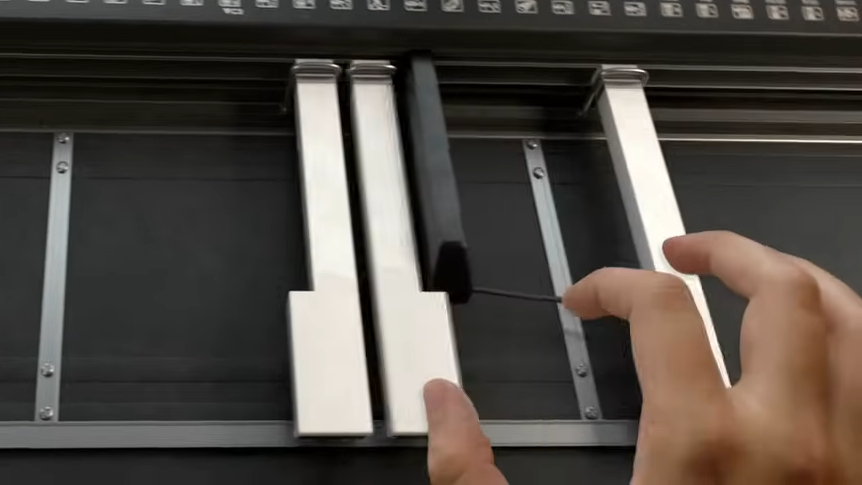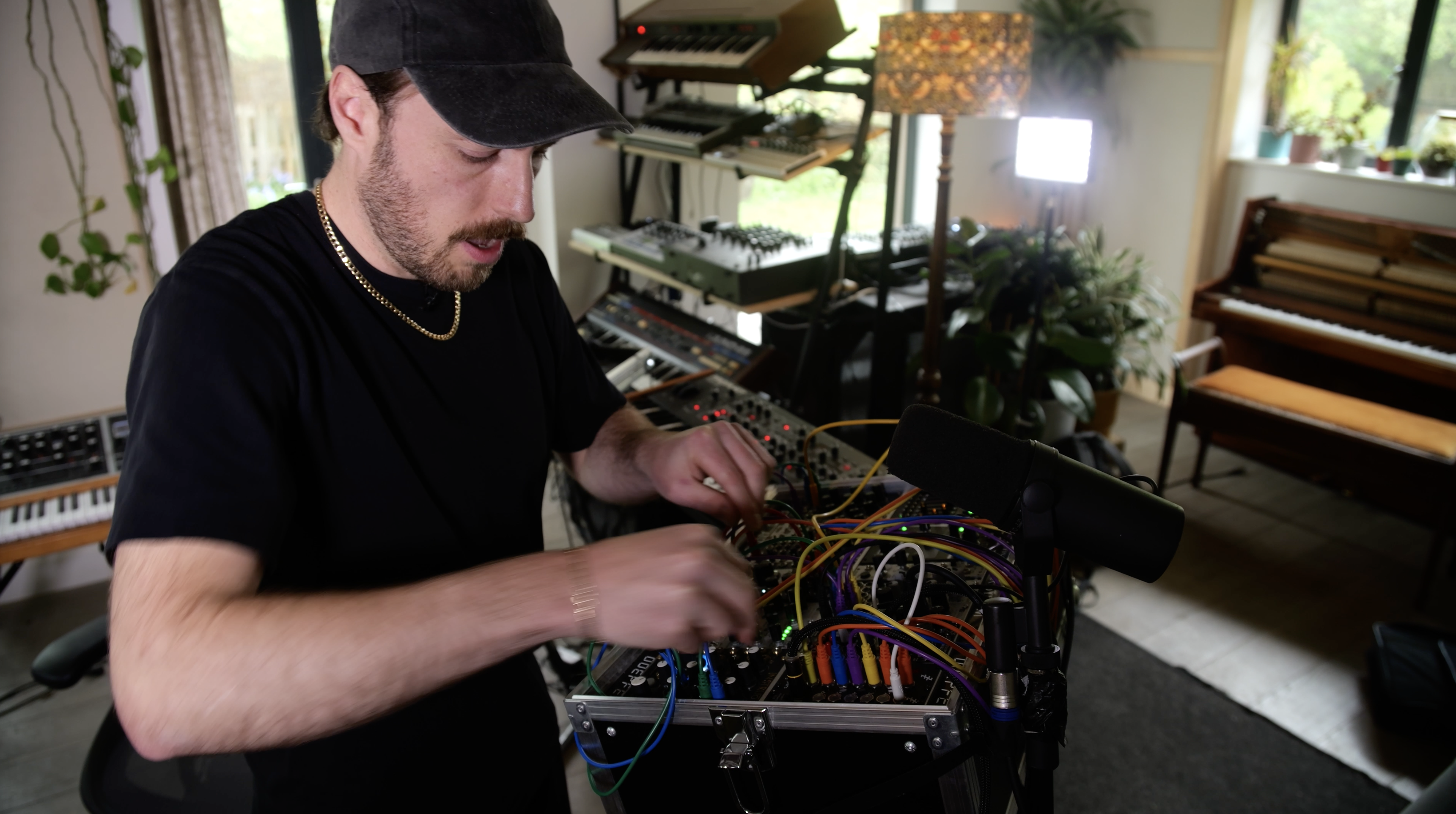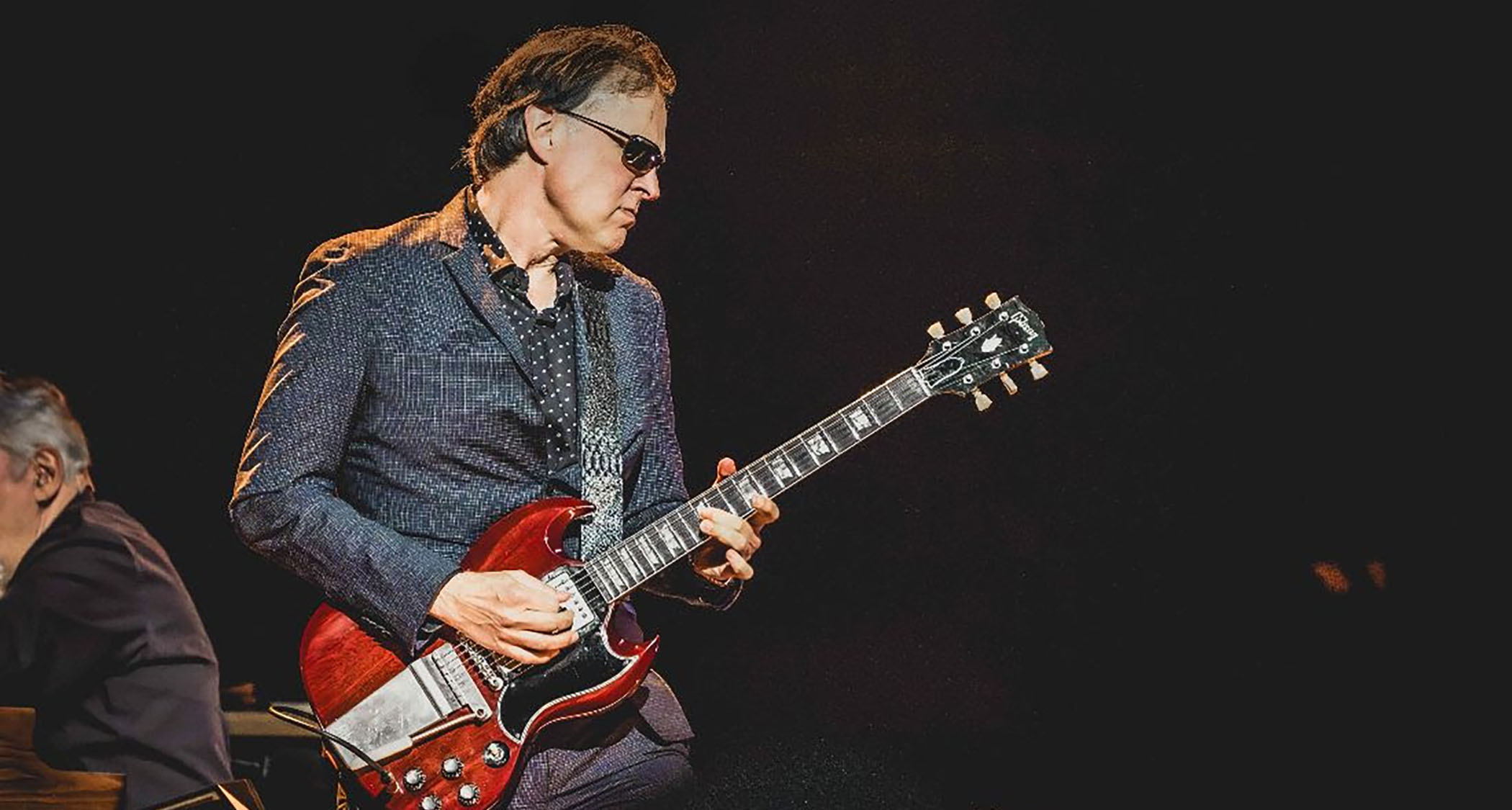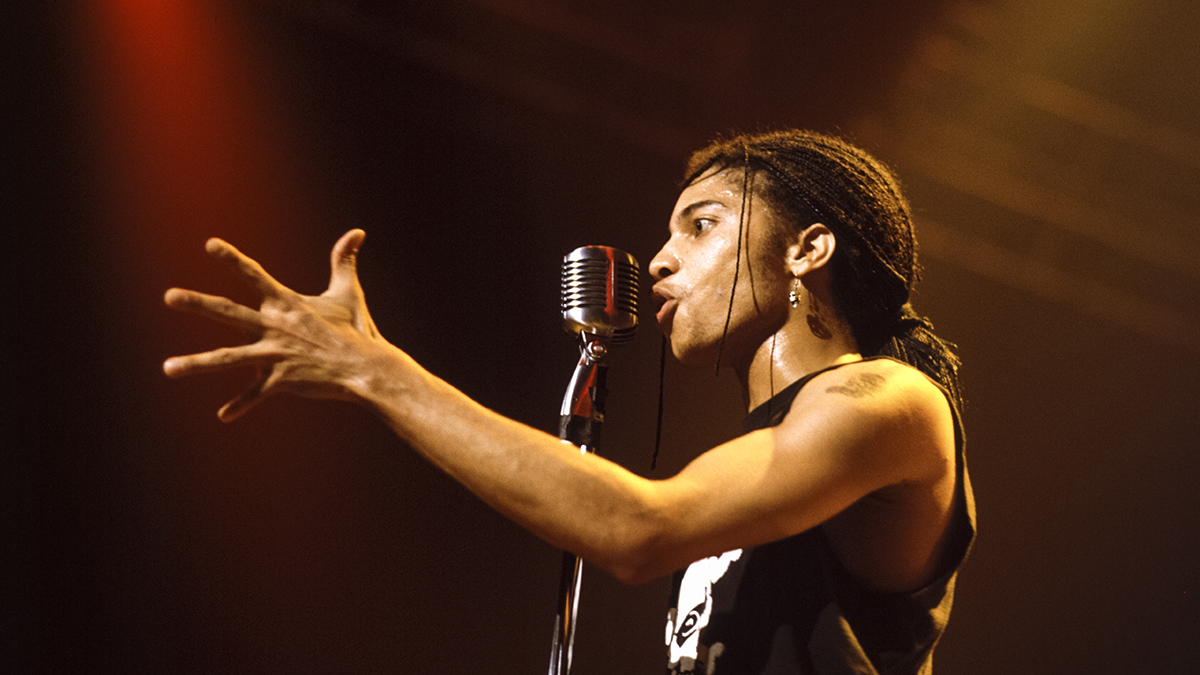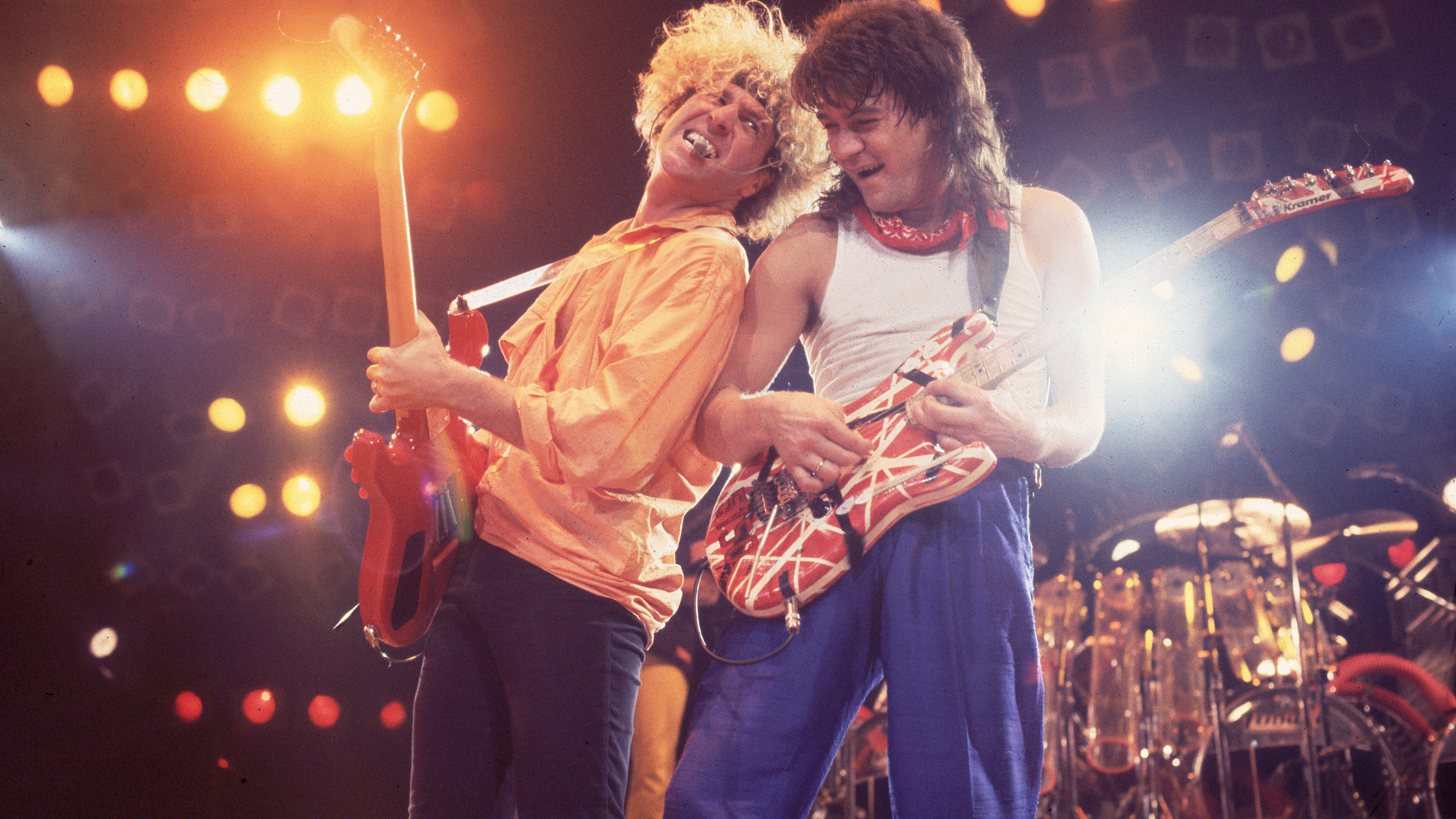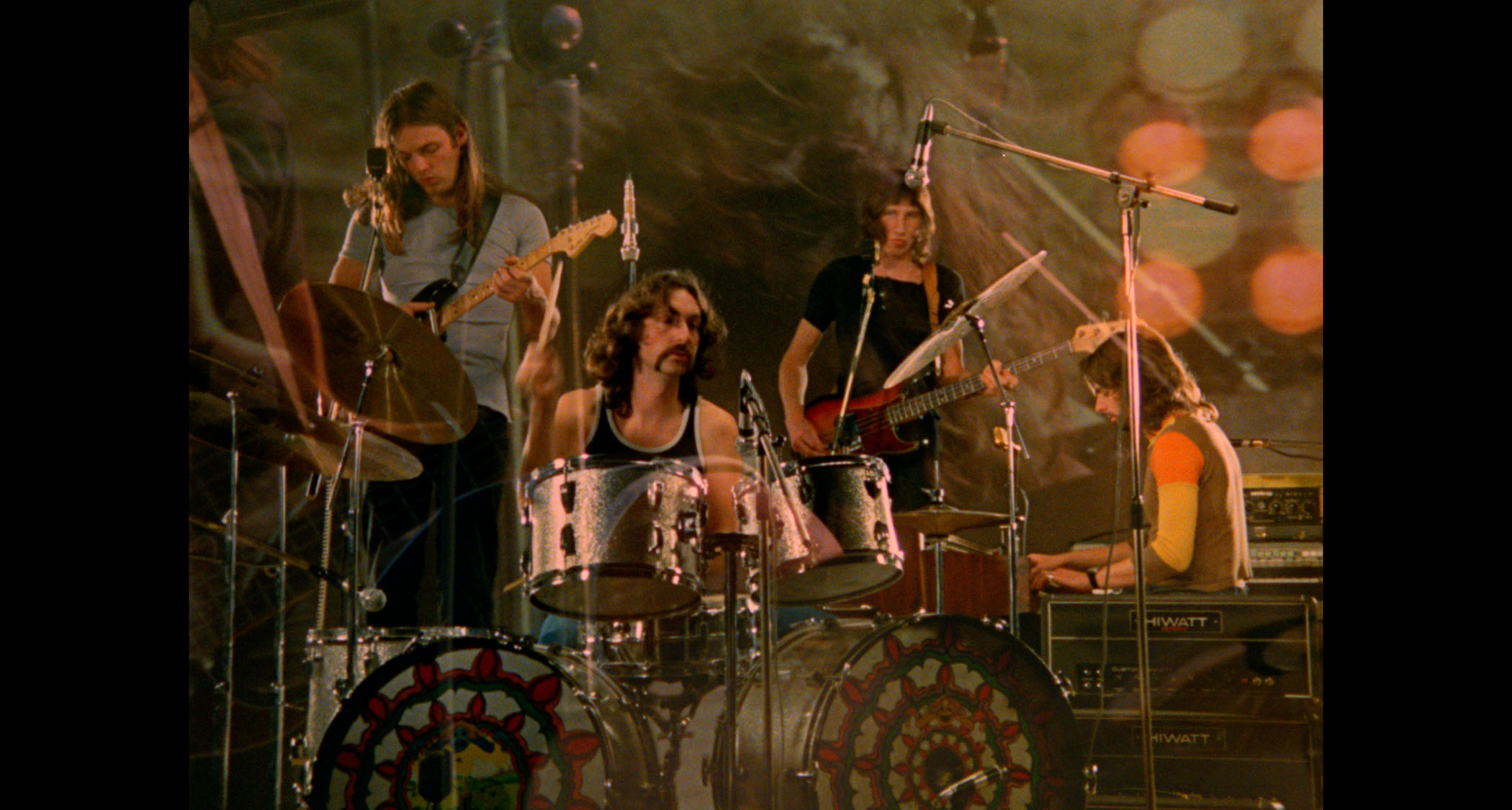"While it's encouraging to see large-scale concerts thriving, we must address the widening gap to ensure the entire live music ecosystem remains vibrant and diverse”: New report paints mixed picture of UK live scene
Arena acts thrive whilst the grass roots struggle

Britain’s live music sector is growing. According to a new report, spending on live music and associated businesses reached a record £6.1 billion in 2024 - an increase of 17% from 2022.
LIVE – the industry body that represents the live music sector – calculated the economic impact of over 55,000 gigs, festivals and events in the UK. It reveals a market which at its top end was booming in 2023, as Premier League artists such as Beyonce, Elton John and Coldplay undertook lucrative stadium tours. Nearly three quarters (73%) of that £6.1billion is accounted for by such artists.
And given that next year’s figures will include the huge impact of Taylor Swift’s Eras tour and 2025’s will include (a presumably) similar boost from the upcoming Oasis gigs, things in the short term would appear rosy around the nation’s arenas.

This has been confirmed by AEG Europe, which owns a number of large venues, including London’s 02. Speaking to the Guardian, their Vice President of Venue Programming Emma Bownes said 2023 was their busiest year. “There is an appetite for shared experiences in general, people haven’t been able to go to gigs to see their favourite acts, they’ve missed that, and now they are coming out in their droves.”
However, the report does reveal that at grass roots level there is much to be concerned about. It recorded that 125 small venues closed down in 2023 and that 36 festivals were cancelled.
The CEO of the Night Time Industries Association, Michael Kill warned that the continuing health of the whole market is dependent on a healthy grass roots: "While it's encouraging to see large-scale concerts thriving, we must address the widening gap to ensure the entire live music ecosystem remains vibrant and diverse.
"The loss of independent festivals and venues is a critical issue that threatens the cultural fabric of our industry, and we must take action to support and sustain these vital contributors to our nightlife economy."
Get the MusicRadar Newsletter
Want all the hottest music and gear news, reviews, deals, features and more, direct to your inbox? Sign up here.
In other words, if there are no small venues for upcoming artists to develop their craft, then where will next Coldplay emerge from to fill arenas in the 2040s?
Live’s CEO, Jon Collins proposed one change that could help everyone across the sector. “We welcome the commitments made by the Government to put the creative industries at the centre of the UK’s economic growth plan. Reintroducing a lower rate of VAT on tickets would bring the UK into line with international competitors and would be pivotal in unlocking the economic potential of our industry.
"With a lower rate of VAT on tickets, we could see the sector grow further, supporting more jobs, generating more investment, and putting on more gigs, festivals and tours for people to enjoy.”
Culture Secretary Lisa Nandy announced on Monday that so-called ‘dynamic’ pricing would be included in the government’s review of secondary ticketing. Perhaps the idea of lowering VAT on tickets could be added too... ?

Will Simpson is a freelance music expert whose work has appeared in Classic Rock, Classic Pop, Guitarist and Total Guitar magazine. He is the author of 'Freedom Through Football: Inside Britain's Most Intrepid Sports Club' and his second book 'An American Cricket Odyssey' is due out in 2025

